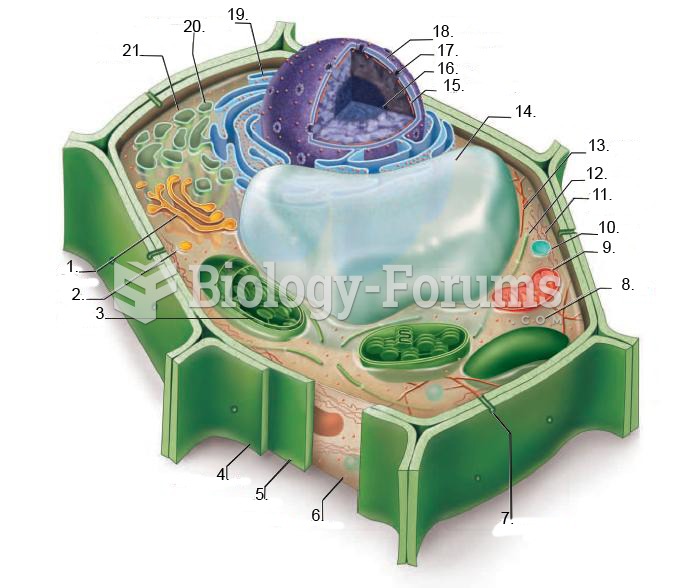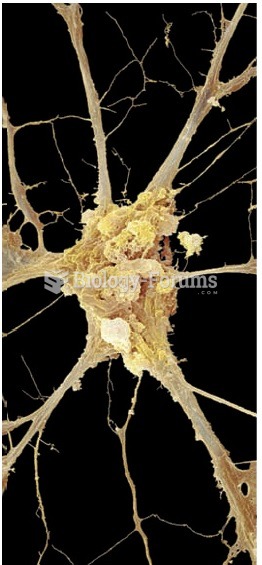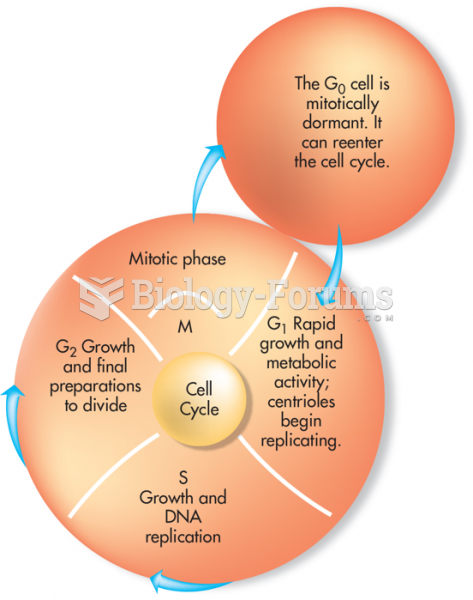Answer to Question 1
Islet cell autoantibodies: serve as an indicator of the body's self destructive attack against its pancreatic -cells.
TSH: diabetic patients are more likely to be affected by thyroid dysfunction and an elevated TSH level may suggest an autoimmune attack against the thyroid gland; 17 to 30 of children with T1DM develop autoimmune thyroid disorders.
Thyroglobulin antibodies: as discussed above, due to the similarity in the autoimmune etiology of type 1 diabetes and thyroid dysfunction, presence of these antibodies can help diagnose hypothyroidism early.
C-peptide: C-peptide is cleaved from proinsulin to produce insulin and its presence in the bloodstream is an indirect measure of insulin production/beta cell function.
Immunoglobulin A: increased levels can be observed during beta-cell destruction seen in type 1 diabetes
Hemoglobin A1C: is an indicator of average blood glucose level over the previous 2-3 months (RBCs life span is 120 days) as Hgb will have a higher level of glycation with greater blood glucose levels.
Tissue transglutaminase: This value can allow the physician evaluate the patient for celiac disease as it too is a disease of improper autoimmune assaults and more common in type 1 diabetics; 1-16 with T1DM develop celiac disease.
Answer to Question 2
Isosource HN is a high-protein formula.
Both cancer patients and those undergoing wound healing have increased energy and protein needs.
Supplementation with arginine and glutamine may be important during times of metabolic stress when their synthesis rate cannot meet the increased needs.
- Supplementation with arginine may assist with inhibiting the immunosuppression and improve nitrogen balance.
- Supplementation with glutamine may decrease the infection rate and prevent translocation of bacteria from the GI tract.
EPA (omega-3-fatty acid) supplementation has been shown to support weight mainenance and preservation of lean body mass in cancer patients experiencing weight loss
Juven (modular to be added to tube feeding or other beverage) contains supplemental HMB, arginine and glutamine.
Impact Glutamine contains arginine and omega-3-fatty acids and is marketed as immunonutrition for surgical patients.
Impact Peptide 1.5 provides arginine, glutamine, nucleotides, and EPA and DHA for immunonutrition.
Pivot 1.5 Cal contains arginine, glutamine, and omega-3 fatty acids.







